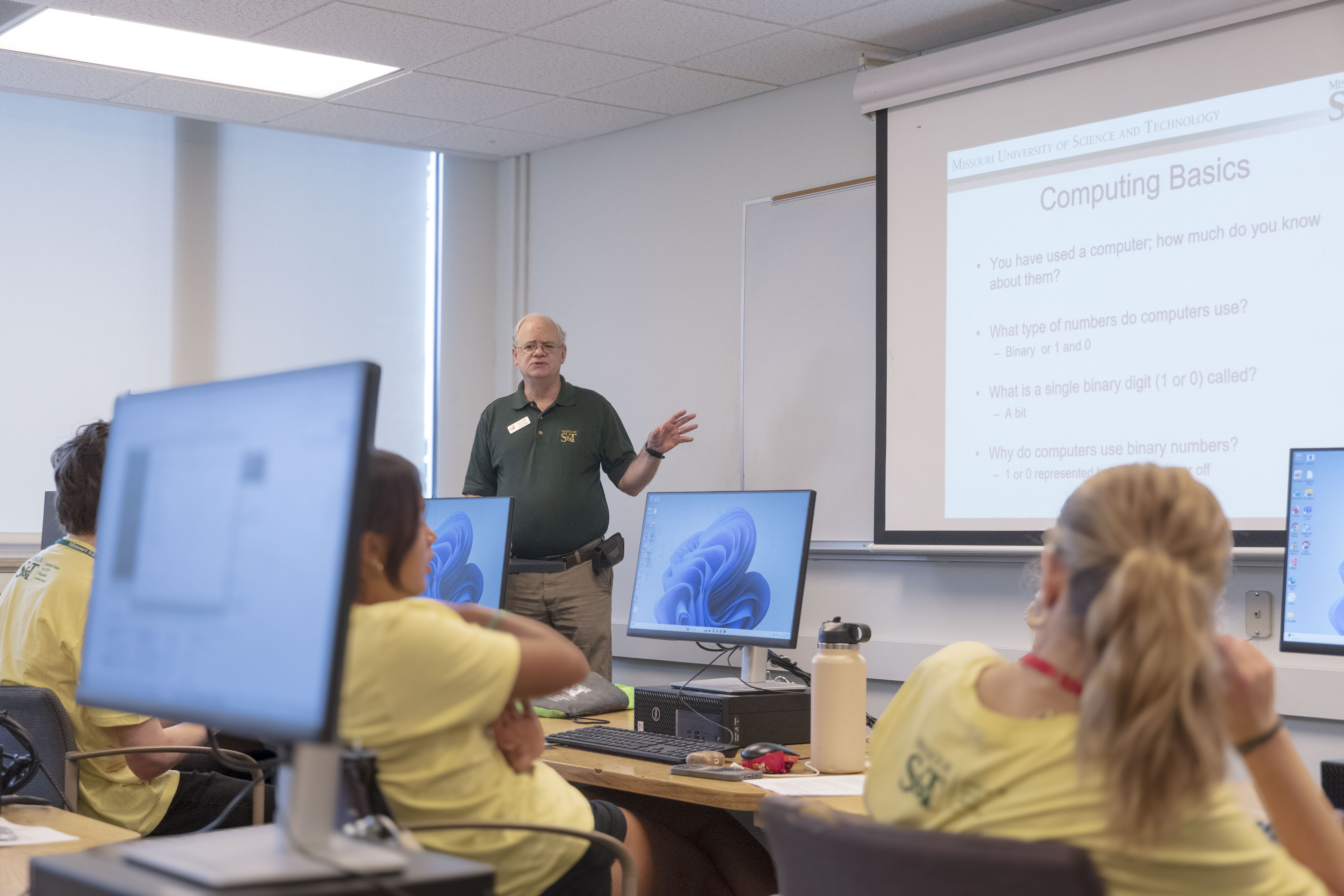Students are required to declare their primary area and complete a minimum of 12 lecture credit hours of CpE courses from the primary area. The other 18 credit hours may be taken from any area of computer engineering or electrical engineering with approval by the Graduate Coordinator. Experimental courses may be offered in any area with a 5001 or 6001 designation; consult the instructor or Graduate Coordinator for more information. Course offerings marked as “Demand” vary according to instructor availability and student enrollment.
Architecture/Embedded Systems Area:
- COMP ENG 5110: Principles of Computer Architecture (3 credit hours, offered every spring)
- COMP ENG 5120: Digital Computer Design (3 credit hours, offered every fall)
- COMP ENG 5151: Digital Computer Design (3 credit hours, offered every spring)
- COMP ENG 5160: Embedded Processor System Design (3 credit hours, offered every fall)
- COMP ENG 5170: Real-Time Systems (3 credit hours, offered every spring)
- COMP ENG 6110: Advanced Computer Architecture I (3 credit hours, offered fall even year)
Computational Intelligence Area:
- COMP ENG 5310: Computational Intelligence (3 credit hours, offered every spring)
- COMP ENG 6302: Advanced Topics in Data Mining (3 credit hours, offered every spring)
- COMP ENG 6310: Markov Decision Processes (3 credit hours, offered fall even year)
- COMP ENG 6320: Adaptive Dynamic Programming (3 credit hours, offered spring odd year)
- COMP ENG 6330: Clustering Algorithms (3 credit hours, offered spring even year)
Networking/Security/Dependability Area:
- COMP ENG 5410: Introduction to Computer Communication Networks (3 credit hours, offered every semester)
- COMP ENG 5420: Introduction to Network Security (3 credit hours, offered every spring)
- COMP ENG 5430: Wireless Networks (3 credit hours, offered every fall)
- COMP ENG 5510: Fault-Tolerant Digital Systems (3 credit hours, offered on demand)
- COMP ENG 5620: Signal Integrity in High-Speed Digital & Mixed Signal Design (3 credit hours, offered every spring)
- COMP ENG 6410: Modeling Complex Systems (3 credit hours, offered every spring)
- COMP ENG 6420: Wireless Ad hoc and Sensor Networks (3 credit hours, offered on demand)
- COMP ENG 6440: Network Modeling and Analysis (3 credit hours, offered fall even year)
- COMP ENG 6510: Resilient Networks (3 credit hours, offered fall odd year)
Additional Courses - Integrated Circuits and Logic Design:
- COMP ENG 5210: Introduction To VLSI Design (3 credit hours, offered every fall)
- COMP ENG 5220: Digital System Modeling (3 credit hours, offered every spring)
- COMP ENG 6230: Advanced VLSI Design (3 credit hours, offered spring even year)
Please note: During the semester a student will have completed nine hours of graduate credit, the student must formally plan the remainder of their graduate program in consultation with their academic advisor, and submit a Form 1 for approval, first to the department chair and then to the vice provost of graduate education.


Follow Electrical and Computer Engineering